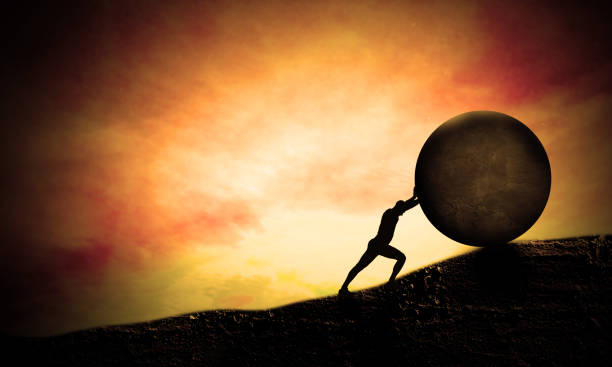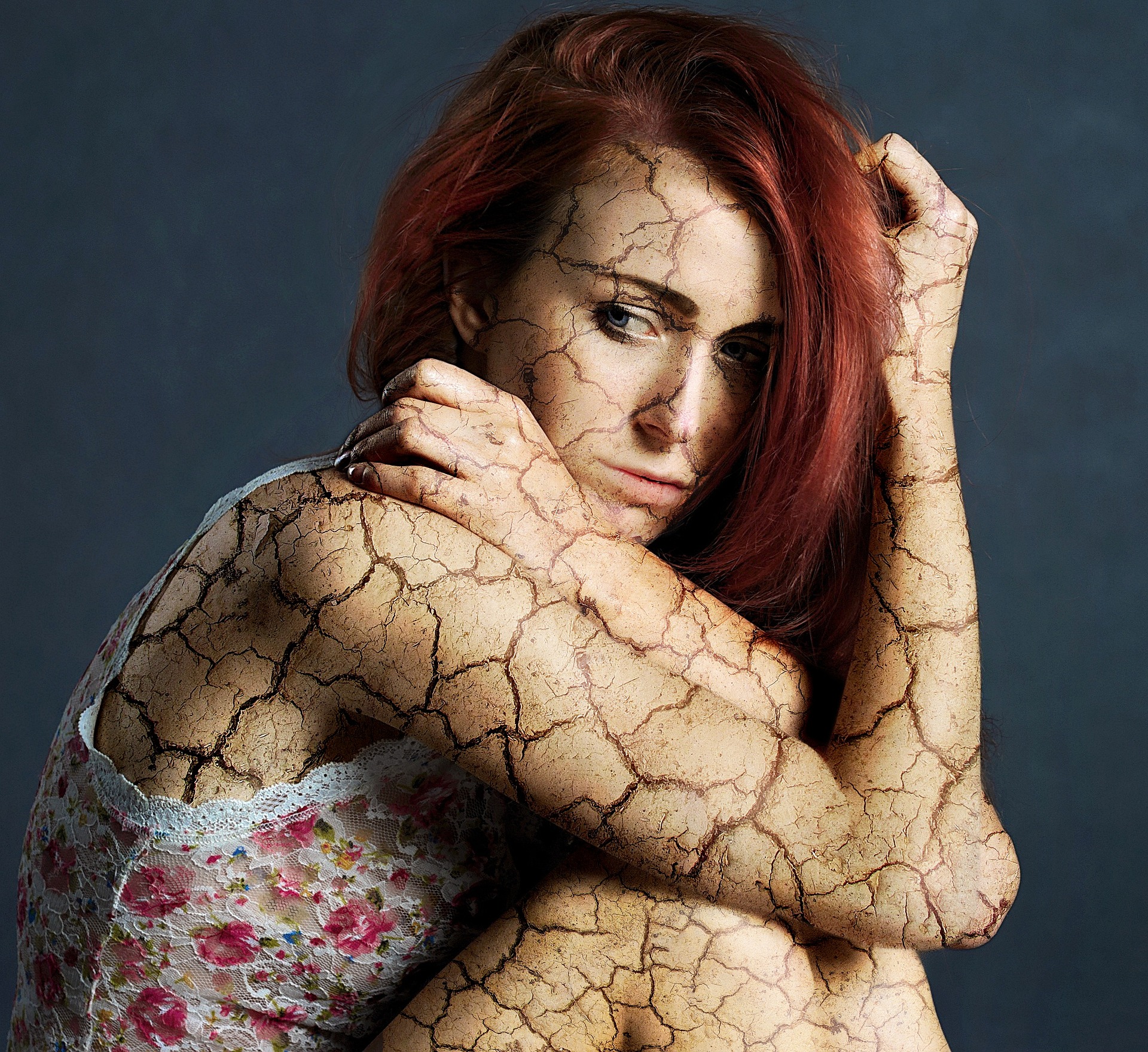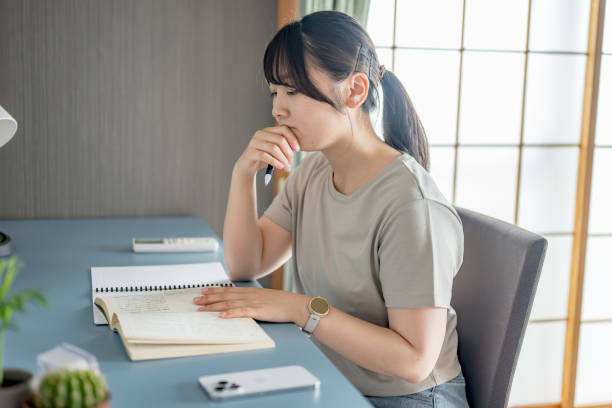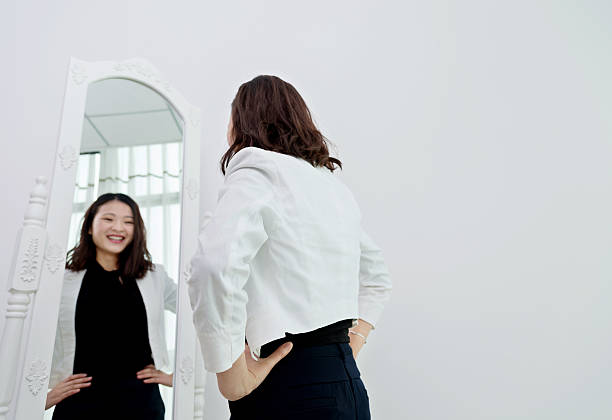Your cart is currently empty!

In a world that often equates power with physical prowess, social status, or societal conformity, people with disabilities are frequently seen through a narrow, limiting lens. Too often, disability is portrayed as a deficit, a weakness, or something to pity. This mindset, while deeply flawed, is still prevalent — not just in media, policies, or education, but sometimes even in the eyes of well-meaning allies.
But here’s the truth that society often overlooks: disability doesn’t make us powerless. In fact, it forges a unique kind of power — one grounded in resilience, adaptability, creativity, and an unrelenting determination to carve out space where others might have tried to exclude us.
The Myth of Powerlessness
Let’s start by confronting the myth. When people see someone with a visible or invisible disability, the immediate assumptions often include helplessness, dependence, and limitations. These assumptions are deeply rooted in ableist thinking — the belief that “able-bodied” or “neurotypical” is the standard for normalcy and worth.
But power isn’t always about speed, strength, or conventional performance. Power is also found in persistence, in the courage to rise every time we’re pushed down, and in the clarity of knowing who we are despite a world constantly trying to define us. If power means impact, determination, and resilience, then many people with disabilities are among the most powerful individuals walking this earth.
Resilience: The Daily Superpower
Every day, people with disabilities navigate a world that wasn’t built for them. From inaccessible transportation to exclusionary hiring practices, from social stigma to medical systems that often ignore or invalidate lived experience — we face hurdles that require more than just endurance. We must adapt constantly, and in doing so, we build an internal strength unmatched by many.
That strength comes in many forms. For some, it’s the emotional fortitude to keep showing up in classrooms or workplaces where accommodations are seen as burdens. For others, it’s the intellectual strength to reframe every “you can’t” into “watch me.” For many, it’s the quiet courage to exist proudly in bodies and minds that society tells us to be ashamed of.
Trying Harder: Not a Burden, But a Badge
It’s no secret that we often have to try harder. Whether it’s to be heard, to be seen, to be treated equally, or simply to access basic rights, people with disabilities frequently put in more effort just to exist on the same playing field.
But that effort is not a burden — it’s a badge of honor. Trying harder doesn’t mean we are less capable. It means we are fierce. It means we are used to finding alternative routes when the main road is closed. It means we know how to innovate, how to problem-solve, how to endure — not just because we have to, but because we can.
This strength is often invisible to those who haven’t lived it. When you fight for your right to be in spaces that weren’t made for you, you gain clarity, focus, and determination that few understand. That fight — daily, quiet, defiant — is itself a form of power.
Fighting for Our Place: Not Asking, But Taking
Too often, people with disabilities are taught to ask for inclusion, for representation, for space. But many of us have learned that sometimes, you don’t get your place by asking — you get it by taking it. You create it. You build it from scratch when the world says no.
We fight for accessible spaces, inclusive education, equitable healthcare, employment opportunities, and the right to be taken seriously. This fight isn’t a one-time protest — it’s a lifelong revolution. And it’s not always loud. Sometimes it’s fought in courtrooms, sometimes in classrooms, sometimes in homes where a child learns that they are enough — just as they are.
This fight isn’t just for ourselves. It’s for every disabled person who came before us and every one who will come after. It’s about legacy, about leaving the world a little more open than we found it.
Reframing the Narrative
We are not broken. We are not tragic. We are not inspirational only when we “overcome” our disability — because disability isn’t something to overcome. It’s a lived reality, a community, a culture, and often, a source of pride.
The disability community includes artists, scientists, athletes, activists, and leaders — people who have shifted the course of history, culture, and progress. And they did it not despite their disability, but often because of the perspective and strength it gave them.
It’s time to change the story. The narrative must shift from one of pity to one of power. From one of exclusion to one of celebration. From one of “they can’t” to “we already are.”
Conclusion: Power Is Reclaimed, Not Given
Disability doesn’t take away our power — it changes the way we access it. It teaches us how to move through barriers, how to stretch the definitions of possibility, and how to fight for our rightful place in every space.
Our strength doesn’t come from being “normal” — it comes from being ourselves, fully and unapologetically. It comes from surviving and thriving in a world that wasn’t built with us in mind — and then turning around to help rebuild that world for others.
So the next time someone looks at disability and sees weakness, remind them of this: we’re not just surviving. We’re rising, we’re thriving, and we’re leading.
Disability is not a limitation — it’s a different kind of strength.



